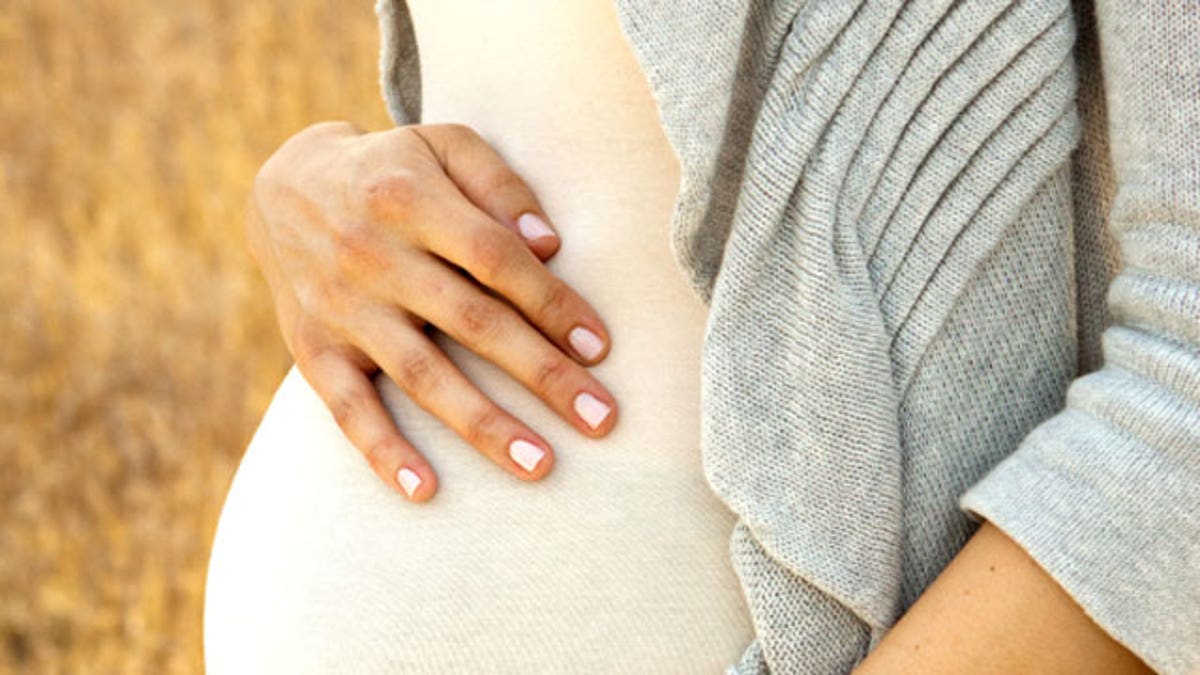
What does it take for a woman to get pregnant? While the answer may seem obvious, a new study from Yale University indicates that many women are confused about important aspects of their reproductive health.
In a study published in the journal Fertility and Sterility, researchers quizzed 1,000 women between the ages of 18 to 40 on their knowledge of pregnancy, reproduction and sex – and the results were concerning.
While 40 percent of women were worried about their ability to conceive, over a quarter of women were unaware that things like smoking, ovulation, sexually transmitted infections (STIs), irregular menstrual cycles or obesity could impact their fertility.
“The most depressing, most concerning part was the level of unawareness amongst young women about their own biology,” study author Lubna Pal, associate professor of obstetrics, gynecology, and reproductive sciences at the Yale University School of Medicine, told FoxNews.com. “Lack of awareness about: What does ovulation mean? What are the signs? Does it have any implications for fertility?”
Here, Pal clears up some of women’s biggest questions about fertility and reproduction:
Does having sex more than once a day increase chances of conception?
Though half of respondents answered ‘yes’, Pal said getting busy multiple times a day does not increase a woman’s odds of becoming pregnant.
“For couples trying to get pregnant, intercourse becomes routine and thinking you have to do it multiple times a day adds to stress,” Pal said.
The best way to increase your chances of conceiving is to have intercourse once – and to do it when you are ovulating.
“Once you have ejaculated in a timely manner, multiplicity doesn’t matter and, with every ejaculate in quick succession, [the amount of] seminal fluid that comes out goes down, so total number of sperm goes down,” Pal said. “From a fertility perspective, the only reason to do it is more is because you desire to.”
Will specific sexual positions or elevating the pelvis after intercourse make you more likely to become pregnant?
Though more than one-third of women surveyed believed these tricks would increase their likelihood of getting pregnant, Pal said it’s simply not true.
“A complete myth, no truth, no data to support that,” Pal said.
However, if you want to give new positions a try, or elevate your legs after sex, Pal said there’s no harm in doing so.
“I’m taking the liberty to suggest there are certain myths that have a potential for harm, such as having had an STI and not thinking it has any effect on reproductive health,” Pal said. “But positions—it’s a meaningless misperception.”
Does intercourse need to occur before or after ovulation to optimize conception?
Only 10 percent of women surveyed were aware that intercourse should occur before ovulation – not after – in order to maximize chances for conception, according to the study.
For women attempting to monitor ovulation, at-home tests can help detect when luteinizing hormones (LH) begin to surge – a sign that an egg is about to be released.
“From the time the test is positive…(ovulation) could be delayed 12 to 24 to 48 hours,” Pal said. “…Sperm can stay 3 to 5 days, so if you plan on intercourse before the time you release the egg, you are primed, the soldiers are already there.”
Some women rely on detecting increases in body temperature to predict ovulation – but Pal warned that this method can be ineffective.
“Women who bank on testing body temperature and then doing it, the egg is already dead by the time the temperate is going up,” Pal said. “Get to know your signs, be prepared and optimize the strategy.”
Do women keep producing eggs throughout their reproductive years?
Though most women were aware that aging has a negative impact on fertility, forty percent of women surveyed believed their ovaries continued to produce eggs throughout their reproductive years – a misconception that worried researchers.
“The myth that women’s ovaries continue to make eggs has implications,” Pal said. “If a 38-year-old is cruising, thinking they have plenty of time…that could have potential implications that are meaningful.”
While a woman is born with millions of eggs, they die off as a woman ages, and she will not produce more during her life span.
Researchers said their findings highlight a need to reexamine the way women are educated about their fertility. Most women surveyed admitted they didn’t see a reproductive health care provider regularly – and when they did, they didn’t ask questions that might help them gain a better understanding of their reproductive health.
“Collectively, it overwhelmingly conveys how unaware we as a population are and if we are going to put all our money in one strategy, a physician counseling women…we will stay this way because women are either not going or, when they are, the dialogue isn’t happening,” Pal said. “This awareness (needs to) come at community level, school, college, women’s health forums, it should be a common language.”
